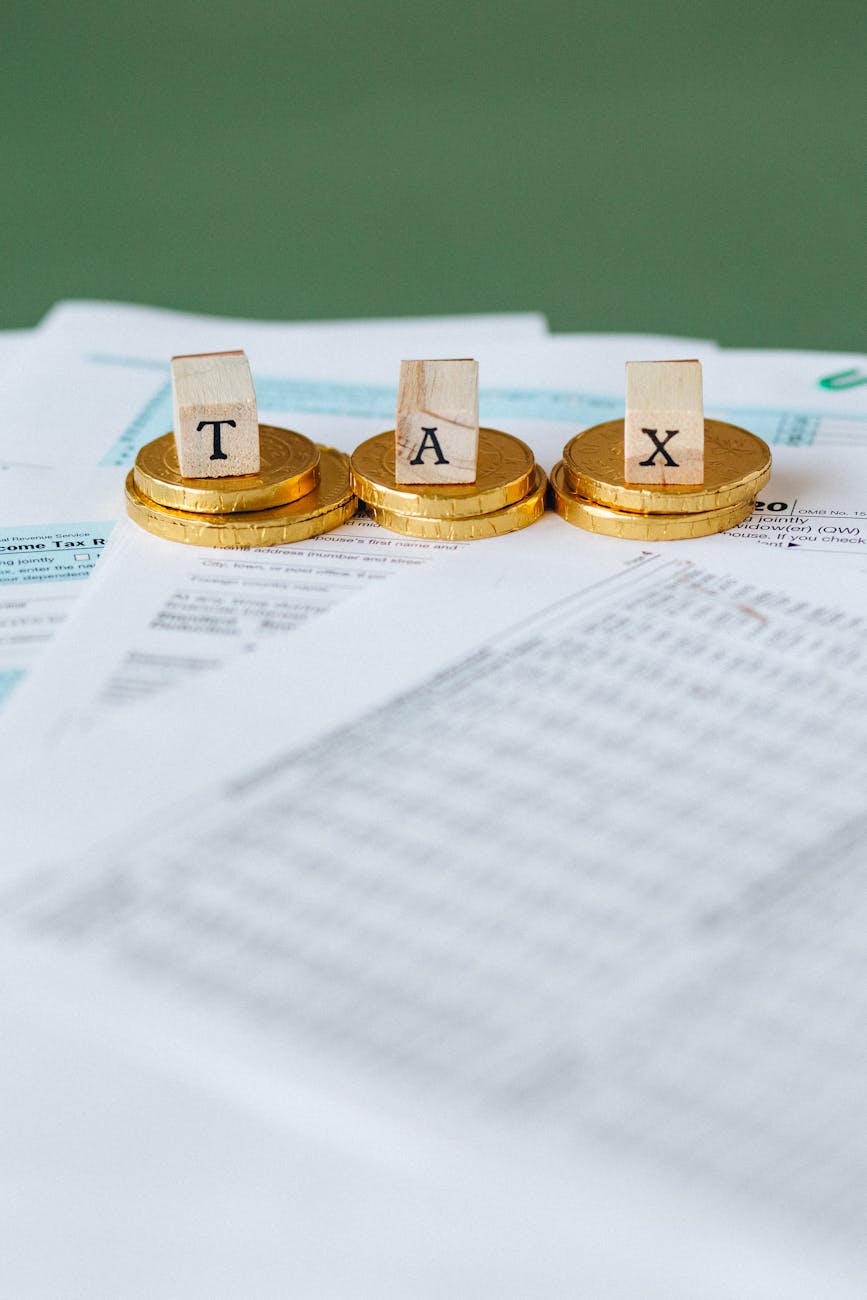Facing an Income Tax bill you can’t afford to pay can feel overwhelming—but you’re not alone, and there is help available. Whether you’re self-employed, have multiple sources of income, or have fallen behind due to unexpected life events, it’s important to know that HMRC offers a range of support options to ease the pressure. This guide will walk you through what you can do if you’re struggling to pay your Income Tax bill in the UK.
💡 Step 1: Don’t Ignore the Problem
Ignoring your tax bill won’t make it go away—it could lead to penalties, interest, or enforcement action. As difficult as it might feel, taking early action is the best way to avoid these consequences.
📞 Step 2: Contact HMRC as Soon as Possible
If you know you won’t be able to pay your tax bill on time, contact HMRC right away. You can call the Self Assessment Payment Helpline on 0300 200 3822 (open Monday to Friday). Be prepared to explain your situation, including:
- Why you’re unable to pay
- How much you can afford to pay your income tax now
- What steps you’re taking to manage your finances
- Can you pay your income tax in installments
- Can you pay your income tax with a credit card
- Do you have to pay income tax on your pension
HMRC staff are trained to handle these situations and can work with you to find a solution.
💳 Step 3: Set Up a Time to Pay Arrangement
If you owe less than £30,000 and your tax return is up to date, you may be able to set up a payment plan online without speaking to anyone and pay your income tax in installments. This is known as a Time to Pay arrangement and allows you to spread payments over several months—usually up to 12.
To do this, go to your online HMRC account after you’ve submitted your tax return.
If you owe more than £30,000 or need longer to pay, you’ll need to call HMRC to discuss your options.
🧾 What You’ll Need to Provide:
- Your Unique Taxpayer Reference (UTR)
- Details of your income and expenses
- How much you can realistically afford to pay each month
- Any other debts or financial commitments you have
🛑 What If You Miss a Payment?
If you miss a payment under your Time to Pay arrangement, HMRC may cancel the agreement and take further action, including charging penalties or interest. If you’re struggling to keep up, contact HMRC immediately to renegotiate.
🧠 Struggling Mentally or Emotionally?
Money worries can take a toll on your mental health. If you’re feeling anxious or overwhelmed, consider speaking to a charity like Mind or Samaritans, or a financial support organisation like StepChange or Citizens Advice. You’re not alone, and there’s no shame in asking for help.
🧮 Tips for Managing Future Tax Bills
- Set aside money monthly: Consider opening a separate savings account for tax.
- Use accounting software or an accountant to keep on top of your finances.
- Apply for Budget Payment Plans: These let you make regular payments throughout the year towards your next tax bill.
- Know your deadlines: The Self Assessment deadline is 31 January for online returns.
⚙️ Useful Contacts
- HMRC Self Assessment Helpline: 0300 200 3310
- Time to Pay Service: 0300 200 3822
- StepChange Debt Charity: www.stepchange.org
- Citizens Advice: www.citizensadvice.org.uk
Final Thoughts
Struggling with tax debt can feel isolating, but support is available, and you have options. Taking action—no matter how small—can set you on a path toward financial stability. Remember, reaching out for help is a sign of strength, not failure.

